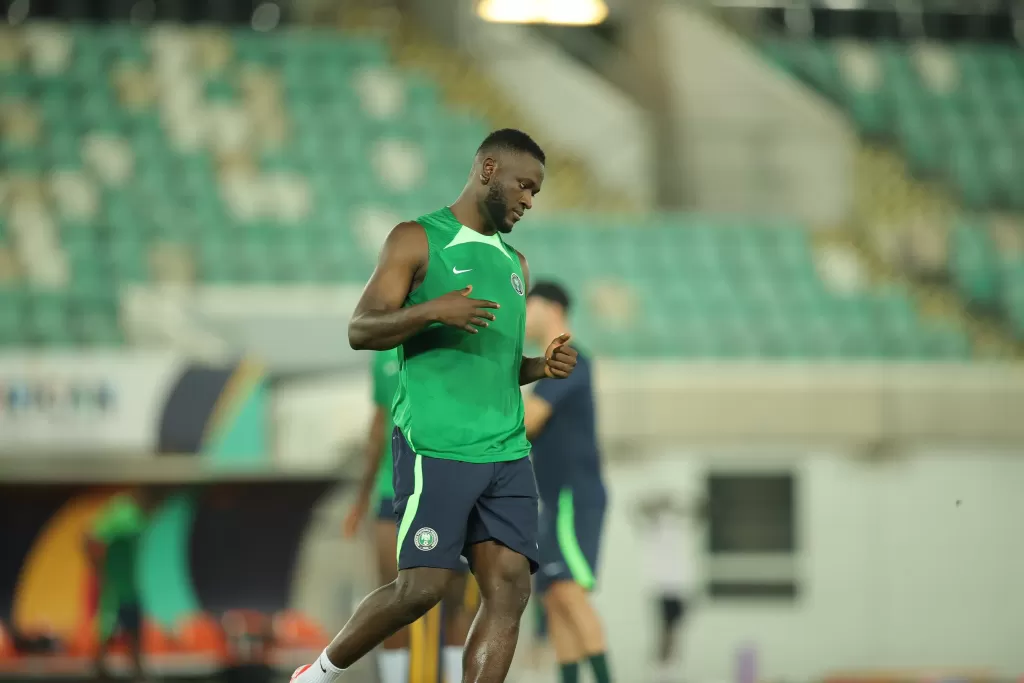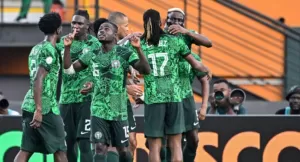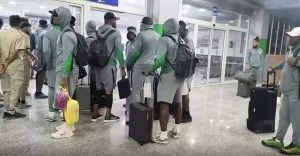Super Eagles Boycott AFCON Qualifier Against Libya Amid Travel Woes: Here is What You Need to Know

The Super Eagles, Nigeria’s national football team, have opted to boycott their upcoming match against Libya in the Africa Cup of Nations (AFCON) qualifiers. This decision follows an incident where the team was subjected to significant logistical and possibly security issues upon arriving in Libya.
- Incident Details: Upon landing in Libya, the Super Eagles’ plane was diverted from Benghazi to Al Abraq Airport, a less equipped airport not originally planned for their arrival. This diversion led to the team being stranded at the airport for over 12 hours without proper reception, transportation to their hotel, or basic amenities like food and water. This treatment was described as inhumane and a severe breach of protocol expected in international sports.
- Team’s Reaction: Captain William Troost-Ekong, among other players, expressed frustration and concern over the safety and conditions they were subjected to, leading to a collective decision to boycott the match. The players cited these conditions as not just uncomfortable but potentially dangerous, refusing to play under such circumstances.
- Official Statements: The Nigeria Football Federation (NFF) confirmed the boycott, highlighting the poor treatment and logistical failures by the Libyan authorities. The NFF also mentioned plans to fly the team back to Nigeria, indicating a complete withdrawal from the scheduled match.
- Implications: This boycott raises questions about the governance of international football matches, particularly concerning the treatment of visiting teams by host countries. The Confederation of African Football (CAF) might face calls to intervene or investigate the circumstances leading to such a drastic decision by a national team.
- Public Sentiment: From posts on X, there’s a mixture of support for the Super Eagles’ decision, citing the harsh treatment as justification, and some discussions on the implications for football diplomacy and sportsmanship.
This incident underscores the broader issues of safety, hospitality, and fair play in international sports, potentially prompting reviews of how qualifying matches are managed to ensure the well-being of participating teams.





